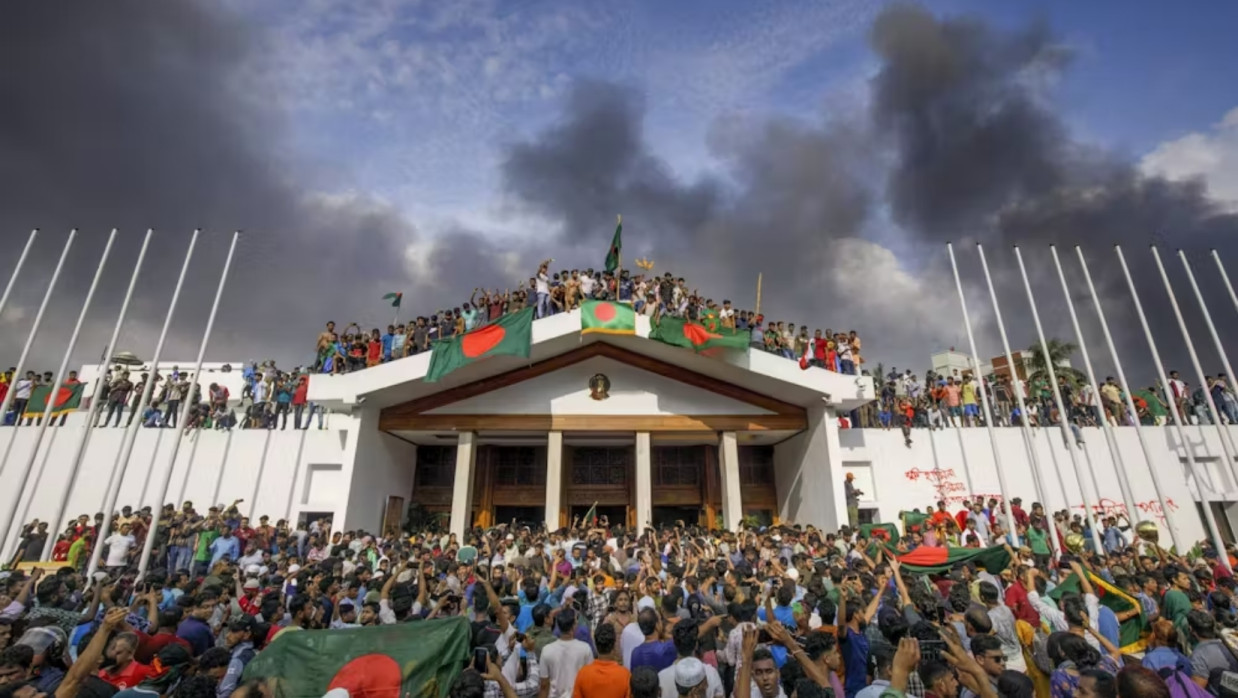
Jamaat-NCP Push July Charter for Election, BNP Wants Delay
- ১৭ আগস্ট ২০২৫, ১২:৪২

After several rounds of discussions with political parties, the National Consensus Commission has finalized and sent the draft of the July Charter to the parties, planning to announce it by the first week of September 2025. However, a major rift has emerged over its implementation, with parties divided on the process.
The Bangladesh Nationalist Party (BNP) maintains that the July Charter should be implemented by a future elected parliament. In contrast, Jamaat-e-Islami, the National Conference Party (NCP), Islamic Andolan, and Gono Odhikar Parishad demand immediate implementation through a referendum, constituent assembly election, or ordinance, holding a firm stance. The Consensus Commission is now looking to the parties for a resolution.
Commission Vice-President Professor Ali Riaz said, “The political parties must decide. We cannot impose anything.” The Commission will hold final talks on implementation, with a key meeting planned after August 25, 2025.
Initially adamant about parliamentary implementation, BNP is now open to dialogue. BNP Standing Committee member Salahuddin Ahmed told journalists on Thursday, “We believe a solution can be found through discussion, and we will participate.”
Conversely, NCP and Jamaat-e-Islami insist the July Charter is essential for fair elections, urging swift action via referendum or constituent assembly. At a Dhaka event on Monday, NCP convener Nahid Islam said, “We compromised on the July Declaration, but won’t budge one percent on the July Charter.” NCP Secretary Akhtar Hossain told that “The interim government must give it legal backing. A constituent assembly election is our solution.” Both parties have threatened protests if the interim government fails to provide legal grounding, citing potential doubts about future implementation.
Jamaat’s Assistant Secretary General Hamidur Rahman Azad told said Bangla, “Reforms are needed for fair elections, as promised by the interim government. There’s no alternative to implementing the July Charter.” The party also warned of protests if demands are unmet.
The draft, shaped by months of talks, reflects public aspirations and will take precedence over existing laws or court rulings, with a special constitutional mechanism to prevent legal challenges. The Commission met the interim government’s Chief Adviser last week and formed a panel of former judges, law professors, and senior lawyers to ensure the charter’s legal foundation. Riaz said, “We’re taking their opinions to prepare options.”
The expert panel’s recommendations will be presented to parties in the post-August 25 meeting. Riaz added, “The key question is how to create legal obligations before the next parliament. Parties will decide if the charter’s legal force applies before or after elections.”
On August 5, 2025, the interim government issued the July Uprising Declaration, attended by BNP, Jamaat, NCP, and other leaders, though NCP and Jamaat expressed disappointment. The draft initially stated that proposals would be implemented within two years by the next elected government, a point BNP supports. Salahuddin Ahmed reiterated, “The next parliament will implement what the Commission agreed on.”
The Consensus Commission, building on prior reform commissions, reached consensus on 84 issues over two phases, including local government elections, establishing a district coordination council, bringing parties under the Right to Information Act, Supreme Court judge appointments, creating a Supreme Court secretariat, establishing a permanent attorney service, lawyer conduct codes, forming an independent probe into genocide and vote fraud, amending the Right to Information Act, and drafting an anti-corruption strategy. In the second phase, 20 core reforms were agreed upon, with 11 having dissent and 9 decided despite objections, all noted in the draft.
Riaz said, “The July Charter is a political document built on consensus.” The draft includes “notes of dissent” for issues where parties disagreed.